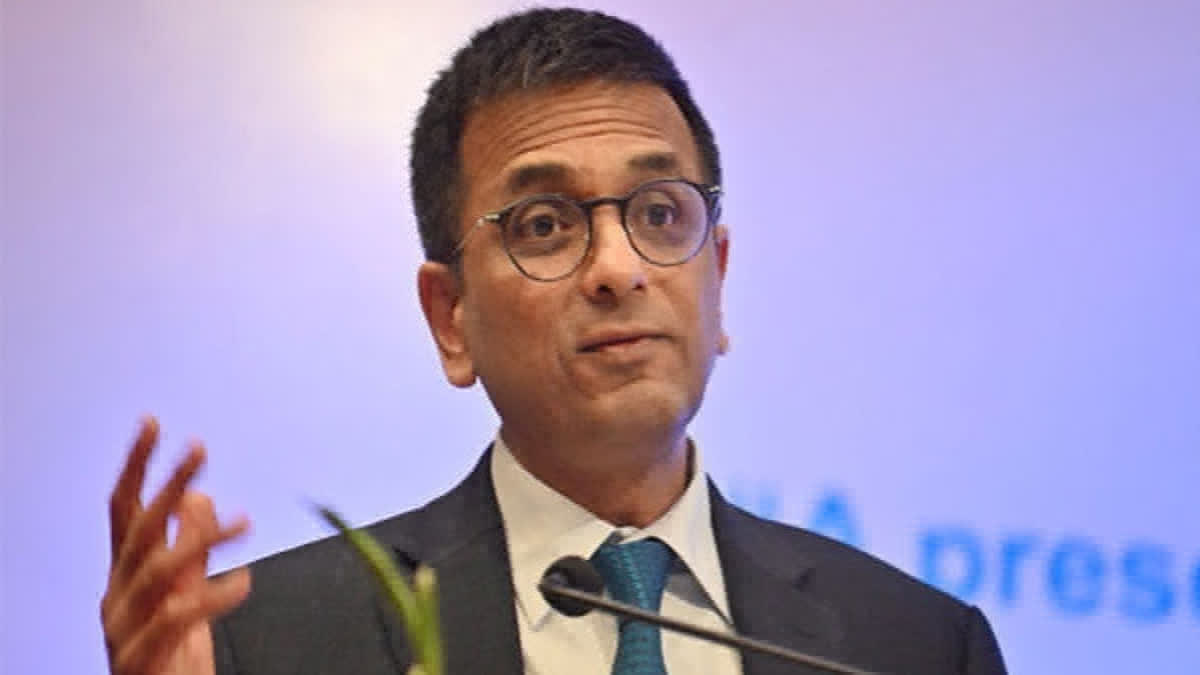New Delhi: Chief Justice of India (CJI) Dhananjaya Y Chandrachud Friday described himself as a “servant of the law and the Constitution”, when an advocate said that the CJI ought to do away with the system of collegium and designation of senior advocate.
Advocate Mathews J Nedumpara submitted before a bench led by CJI and comprising Justices J B Pardiwala and Manoj Misra that the apex court must think of reforming the collegium system and senior designation process.
The CJI told Nedumpara, “As a lawyer you have the freedom to pursue your heart’s desire. But as a judge of this Court, I am a servant of the law and the Constitution”. The CJI stressed, “I have to follow the position and the law laid down”.
Nedumpara submitted that though Justice Chandrachud has ushered in a spate of reforms. Nedumpara added that the reforms relating to collegium and senior designation were much needed to take judiciary to new heights.
Nedumpara was representing a group of lawyers, who have filed separate pleas challenging the existing judges’ selection system and also the system in place for designating lawyers as senior advocates.
A plea, regarding the collegium system or judges' selection, sought a direction to abolish the collegium system of judicial appointments to the Supreme Court and the high courts. The plea sought revival of the National Judicial Appointments Commission (NJAC). The petitioners called the collegium system a “synonym for nepotism and favouritism” and sought a review of the NJAC verdict. The plea contended that the 2015 judgment should be rendered void ab initio as it had revived the collegium system.
The petitioners, in the other plea, sought a review of a recent judgment of the apex court, which affirmed the practice of designating a class of lawyers as senior advocates in the apex court and high courts.
The NDA government in 2014, passed the National Judicial Appointment Commission (NJAC) Act, setting up an alternative system for the appointment of judges to constitutional courts which also proposed a greater role for the government in the process. The Supreme Court in 2015, ruled that the law was unconstitutional as it sought to tinker with the independence of the judiciary.
Read More



